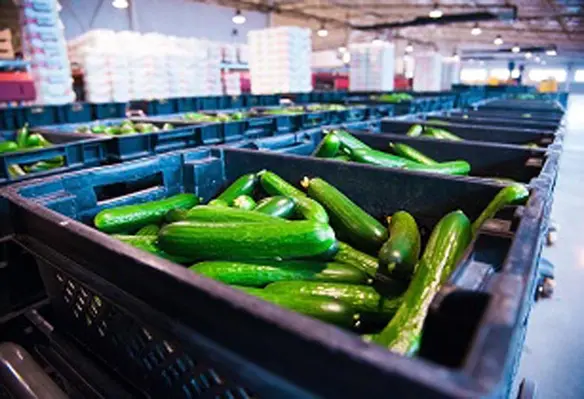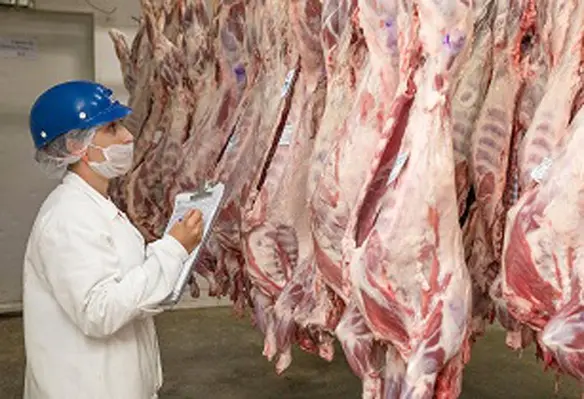South Korea will double the annual budget for overseas development grants in the agricultural sector to US$401.4mn by 2027, according to the agriculture ministry
Crops
Beef exports to East Asia on record pace
The Bureau of Labour Statistics reported the price of a dozen Grade A eggs jumped from US$1.82 in 2021 to almost US$3.60 in 2022
Exclusive interview with Viktor Eckel, team manager at Dr Eckel Animal Nutrition
Viktor Eckel, team manager marketing and E-learning at Dr. Eckel Animal Nutrition speaks with Far Eastern Agriculture about feed protection and Anta Shield
Hamlet Protein CEO discusses main trends for animal nutrition industry
Hamlet Protein CEO, Erik Visser, discusses the 2023 market outlook for the animal nutrition industry
Vietnam's farm produce to go international

Many Vietnamese agricultural products have been permitted to enter several countries including China, the US, Japan, and New Zealand. (Image source: Adobe Stock)
In 2023, the agricultural sector will promote negotiation to open more foreign markets for local farming commodities, according Hoang Trung, director of the Plant Protection Department under the Ministry of Agriculture and Rural Development (MARD)





